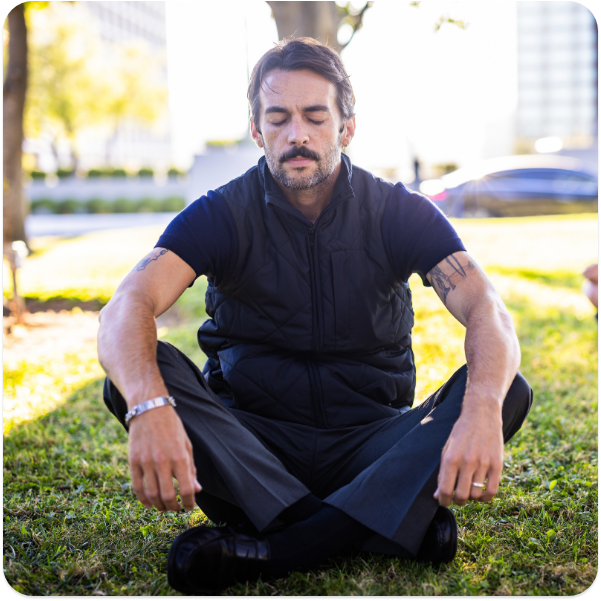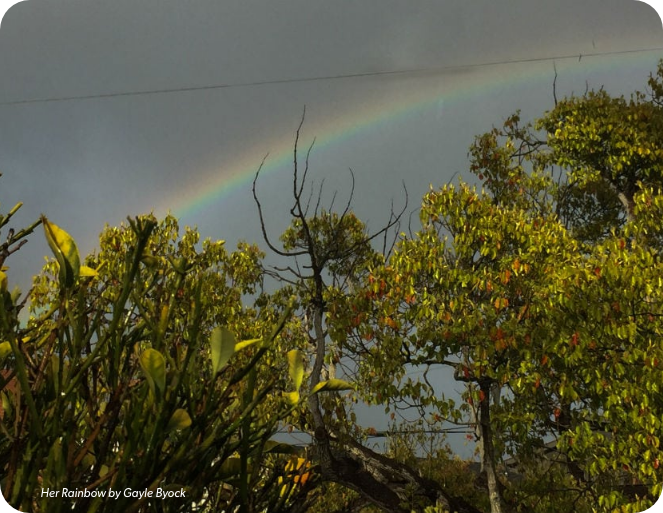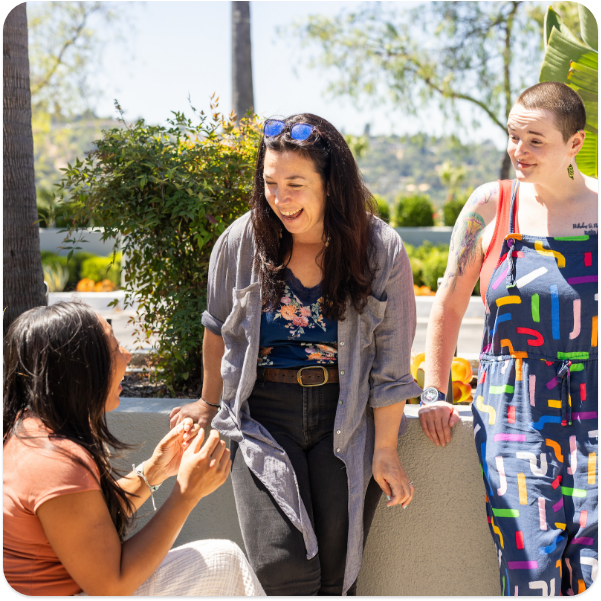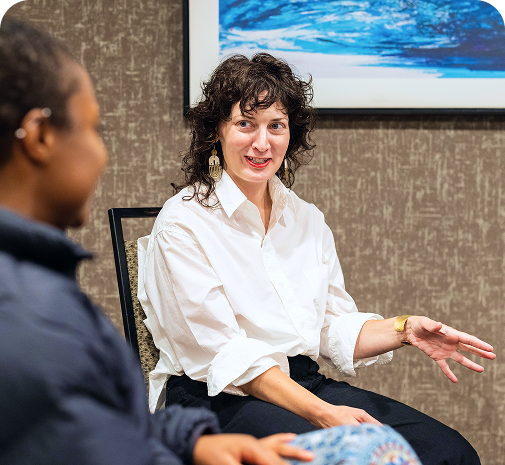Online Humanistic Clinical Psychology Programs at Saybrook
Embodying the legacy of the Old Saybrook Conference of 1964, the Department of Humanistic Clinical Psychology at Saybrook University prepares you to consider an individual’s entire lived experience—culture, personal experiences, and support systems—when devising psychological interventions in clinical settings.
Doctoral Program Aim Statement
The Clinical Psychology doctoral degree program aims to prepare entry-level health services psychologists who are both scientifically informed and humanistically grounded.
Clinical Psychology Program Values
- We value the legacy of contributors in humanistic psychology who continue to inspire the hearts and minds of person-centered practitioners dedicated to the diverse individuals, families, and communities they serve.
- We celebrate individual differences as the unique expression of each person’s inherent tendency towards growth and wholeness that through our interconnection enriches us all.
- We value authenticity, integrity, empathy, unconditional positive regard, and when needed, advocacy when working with individuals, groups, and systems.
- We value social justice, ethical decision-making, academic rigor, and a disciplined approach to research, clinical training, teaching, and human service.
What Is the Humanistic Approach in Clinical Psychology?
The humanistic approach takes an individual’s entire lived experience into consideration when approaching a psychological intervention. This includes the individual's culture, personal experiences, support systems, etc.
Do I Need a Bachelor’s or Master’s in Psychology to Apply to a Clinical Psychology Doctoral Program?
It is recommended to have a degree in psychology or a related field from a regionally accredited college or university before applying to Saybrook’s Clinical Psychology programs, but non-psychology majors are still considered.
What Can You Do With a Degree in Clinical Psychology?
Saybrook’s clinical psychology graduates are prepared for clinical practice, research, teaching, and leadership positions. Interested in becoming a licensed psychologist or entering private practice? Be sure to verify your state’s licensure requirements.
Career Roles:
- Clinical director
- Research scientist
- Policy advisor
- Health care administrator
- Nonprofit director
- Private practice
- Wellness and life coach
What Sets Saybrook’s Humanistic Clinical Psychology Programs Apart?
The uniqueness of Saybrook University lies in our heritage of humanistic, existential, transpersonal, and phenomenological inquiry. Our founders understood human beings to be interconnected with the world around them, that their entire lived experience contributes to an individual’s overall well-being. This humanistic, interdisciplinary approach still guides our programs today.
Expanding beyond traditional boundaries of the field, Saybrook’s Humanistic Clinical Psychology program curriculums incorporate complementary fields of study that provide a more complete picture of someone’s life, including consciousness, spirituality, integrative health, creativity, innovation, leadership, and more. Through this line of study, faculty and students continue to push psychology forward by questioning, critiquing, and offering alternatives to many of the axioms of mainstream academic psychology.

Our Shared Humanistic Legacy
At the Old Saybrook Conference in 1964, Gordon Allport, Rollo May, and Abraham Maslow articulated the need for a whole-human approach to psychology. They, along with other innovative thinkers like Charlotte Bühler, Clark Moustakas, James Bugental, and Carl Rogers, formed an approach to psychotherapy that examined a person’s entire experience rather than reducing their past into separate fragments.
Adhering to our founder’s original vision, the Department of Humanistic Clinical Psychology embodies a truly expansive view of the prosocial human who seeks meaning and well-being in the context of social justice, sustainability, and deeper spiritual connection.

UNBOUND: Humanistic Clinical Psychology
Discover the unique ways humanistic clinical psychology students, alumni, and faculty apply their education to cultivate support and strength so others may flourish in the latest from UNBOUND, our online magazine.

Saybrook Learning Model
Our Humanistic Clinical Psychology programs are hybrid-online. Online coursework is augmented with two* five-day, in-person Residential Learning Experiences (RLE) per year. During odd-numbered years, RLEs will take place at the larger Community Learning Experience (CLE), connecting you to the wider Saybrook community. You will begin your studies with a virtual Welcome Week held online the week before the start of Fall and Spring semesters.
*Washington residents have an additional RLE per term to meet increased in-person requirement hours.

























